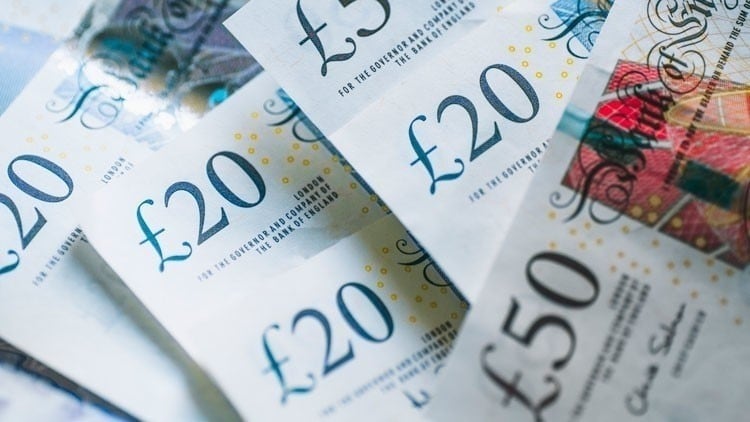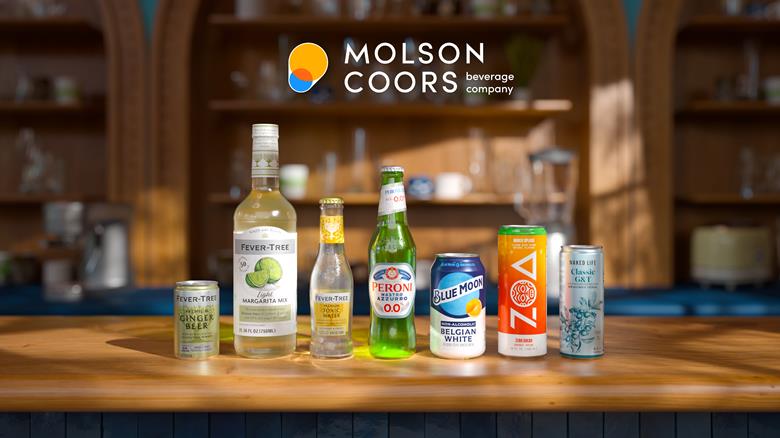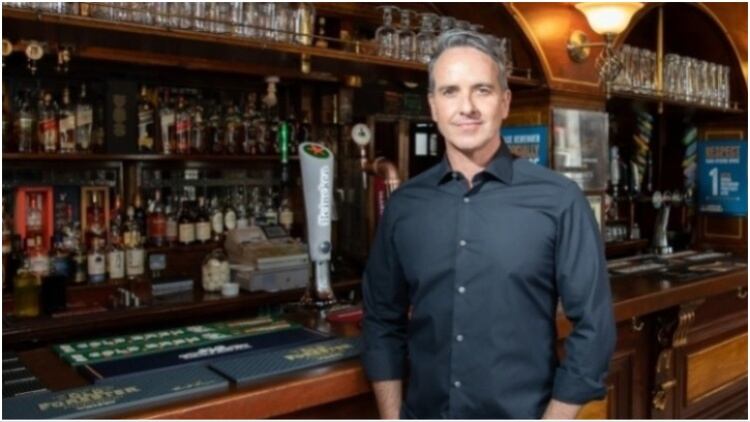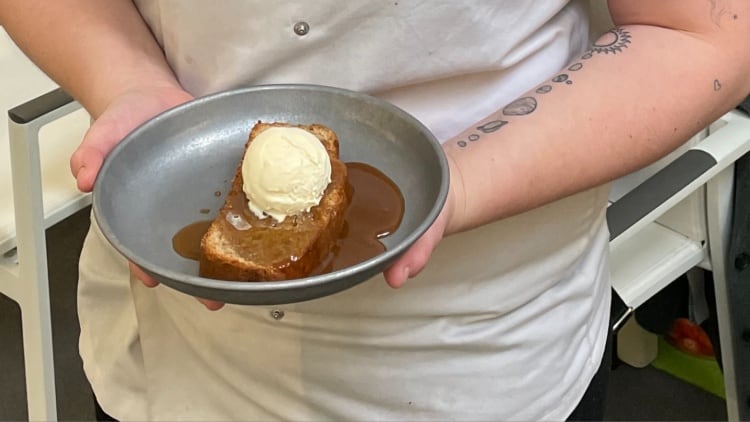Following the Government’s double tax increase over the weekend, the price of a bottle of wine has risen by an average of 12p, while most spirits have seen an 18p increase.
The increase to alcohol taxes introduced on 1 February followed the Chancellor’s decision to increase duty by the retail price index at 3.6%.
The move introduced taxing wine by its strength. As a result, the duty on a bottle of gin increased by 32p, while a bottle of 14.5% ABV wine increased by 54p.
These hikes followed the duty increases introduced on 1 August 2023. The duty on a 14.5% red wine has increased by 98p over a span of 18 months.
Additionally, the tax burden does not stop there, wine and spirit companies now face a second round of tax increases with new waste packaging recycling fees, as part of the Extended Producer Responsibility in effect from April.
The Wine and Spirit Trade Association (WSTA) argued if the wine easement was maintained additional costs and extra red tape could be avoided, which could ultimately benefit both businesses and consumers.
UK businesses pre-warned they could not absorb these tax increases, as a result of this consumers could face higher prices.
With duty increases of more than 10% for spirits and beer and at least 20% for most wine, many businesses may struggle to survive.
According to the latest figures from HMRC, alcohol tax receipts fell by £209m from April to December 2024 compared to the previous financial year, demonstrating tax increases not only suppress consumer demand but also reduce Government revenue.
No winners
WSTA chief executive Miles Beale said: “The Government continues to claim the tax hikes are part of their big plan to plug the black hole in the public finances, but a series of record-breaking tax levies are doing the exact opposite.
“There are no winners under the UK’s punishing alcohol tax regime – higher duty rates mean people buy less which results in reduced income to the Exchequer, businesses are being squeezed and consumers have to pay more”.
It has also been estimated that certain major retailers could face millions of pounds in losses, which would hugely impact producers and distributors, having a domino effect on the industry as a whole.
Moreover, venues could see between 2.5% and 3.5% of their margins on liquor sales “eroded”.
Night Time Industries Association (NTIA) CEO Michael Kill added: “The Government’s 1p cut on a pint is a false economy—an empty gesture that failed to address the real financial pressures facing the hospitality and night-time economy sectors.
“In reality, venues are seeing a severe erosion of margin, losing between 2.5% and 3.5% on liquor sales due to rising alcohol duty from 1 February, with manufacturers and brewers set to continue increasing prices.“
Kill added the arrival of rising alcohol duty came amid an environment of uncertainty for the industry, adding the sector was in the grip of a cost of operating crisis.
On top of this, “soaring energy bills, rising wages and escalating supply chain costs” have made it undeniably difficult for UK pubs, bars and clubs to remain open, he stated.
Kill continued: “Meanwhile, tax hikes on spirits and wine—32p more on a bottle of gin and 54p more on wine at 14.5% ABV—are adding further pressure, pushing up costs for businesses and consumers alike.”
He added these measures would only harm business growth and urged the Government to act in support of the hospitality sector.
Scale of challenge
“If the Government is serious about supporting the hospitality and night-time economy sectors, it must recognise the scale of the challenge and take meaningful action rather than relying on hollow rhetoric”, the CEO said.
The tax increases could also mean certain drinks disappear from shelves altogether, according to the WSTA.
Cambridge Wine Merchants co-founder Hal Wilson said: “The Government has failed to acknowledge there are fundamental differences between wine and other, more manufactured, alcoholic drinks where final alcoholic strength can be predetermined, and has decided to scrap the mechanism, called easement, that Rishi Sunak’s Government put in place to make wine work in his reformed alcohol policy in 2023.
“The ending of the easement from 1 February means all wine will incur excise tax based on its precise labelled ABV”.
Wilson added: “In my business this feels like death by a thousand cuts, or even two thousand cuts.
“We sell more than 2,000 different wines each year and from February will need to know the precise ABV of each and every one before being able to calculate their full cost”.
The WSTA also noted Defra’s recent estimate for EPR fees for glass of £240 per tonne came as a surprise considering earlier estimates were much lower.
Totalled at around £110 to £215 a tonne. This could mean another unfortunate price rise for consumers.
British Beer & Pub Association (BBPA) CEO Emma McClarkin said: “Following the wider Budget announcements, pubs and brewers now face an April cliff edge, when a further £650m extra in costs will begin.
“This includes the reduction of vital business rates relief, staggering new employer costs, and the beer bottle packaging tax, all which will stifle growth and investment.
“We urge Government to quickly introduce meaningful business rates reform and phase in new costs so that pubs can thrive and our sector help deliver growth.”





